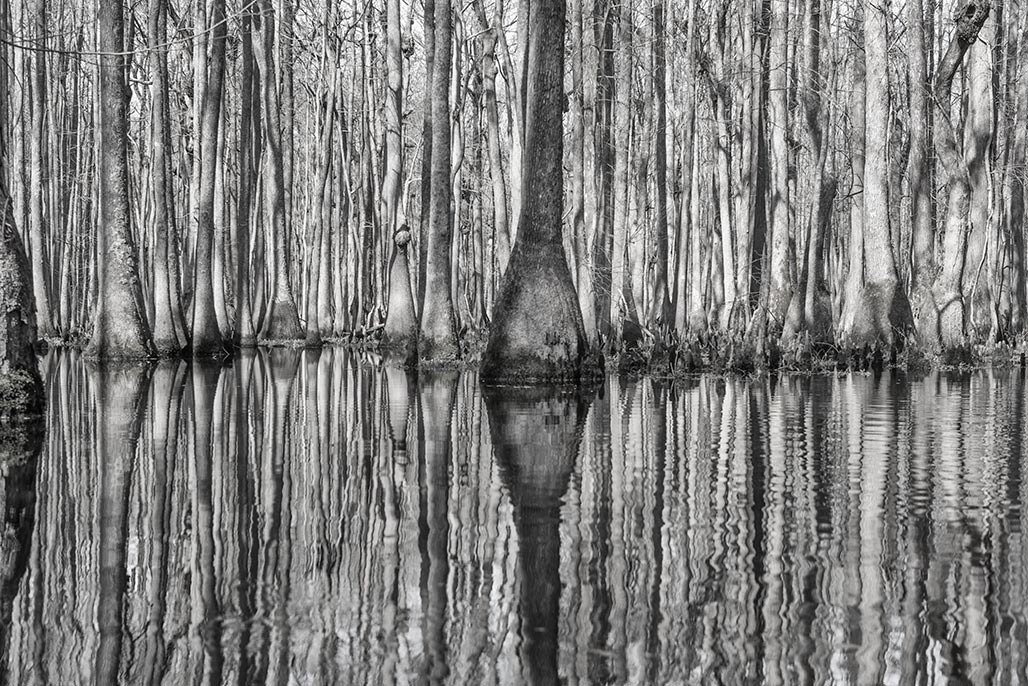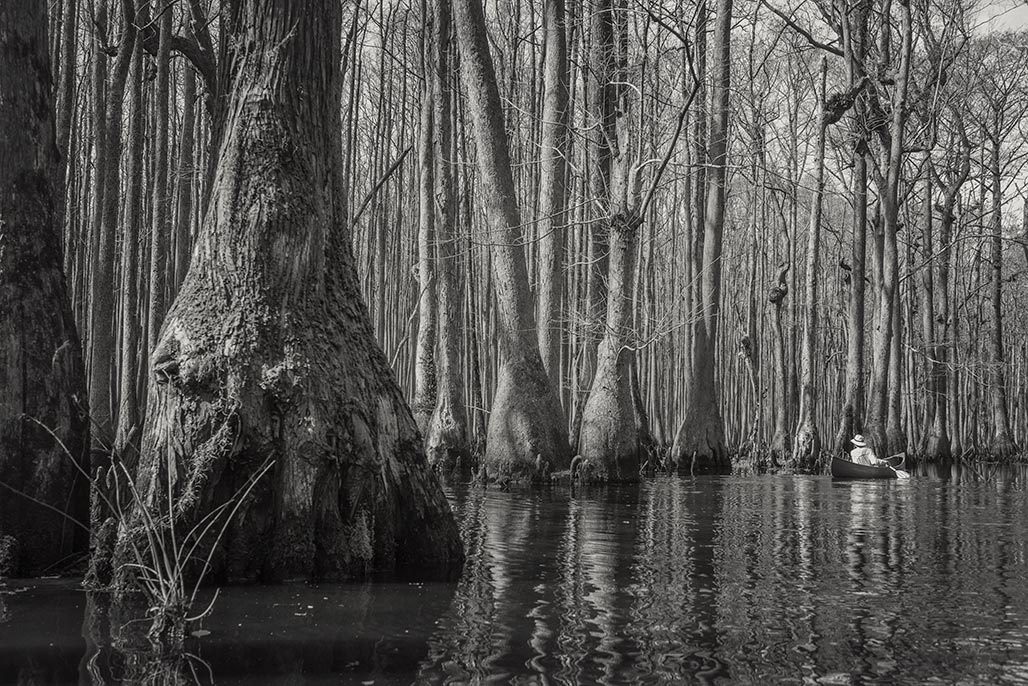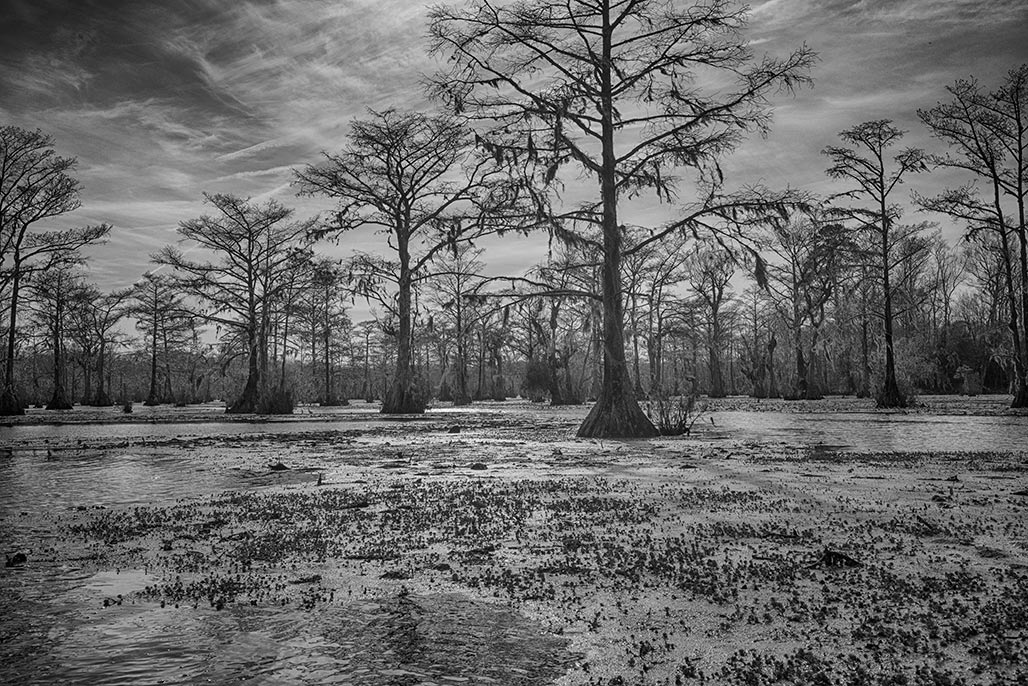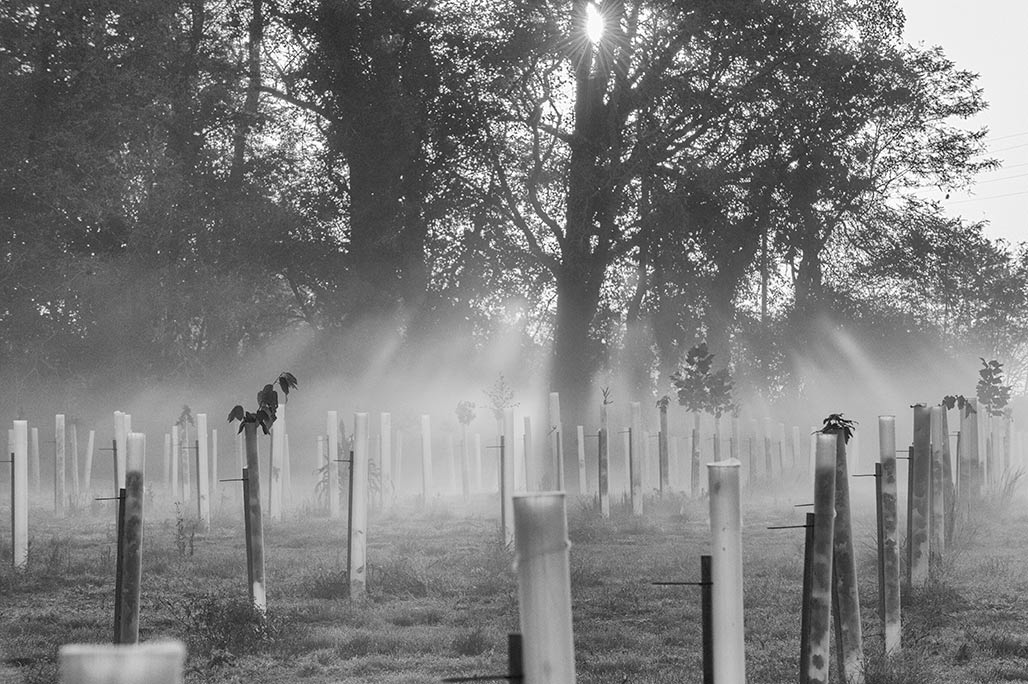
Category: flora
Arilus cristatus
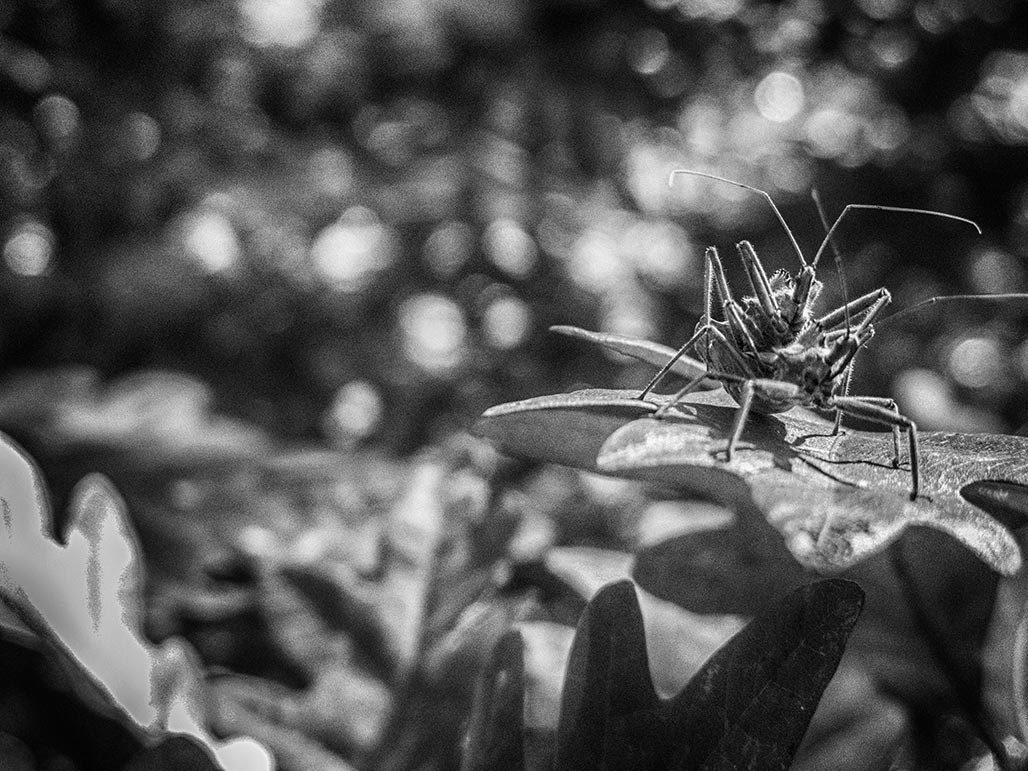
They are predators upon soft-bodied insects such as caterpillars, Japanese beetles, etc., which they pierce with their beak to inject salivary fluids that dissolve soft tissue. Because most of their prey are pests, wheel bugs are considered as beneficial to the garden as ladybugs. They are also known for eating stinkbugs.-Wikipedia
(these two in a q.alba)
beauty matters

vegetative phase

Anura
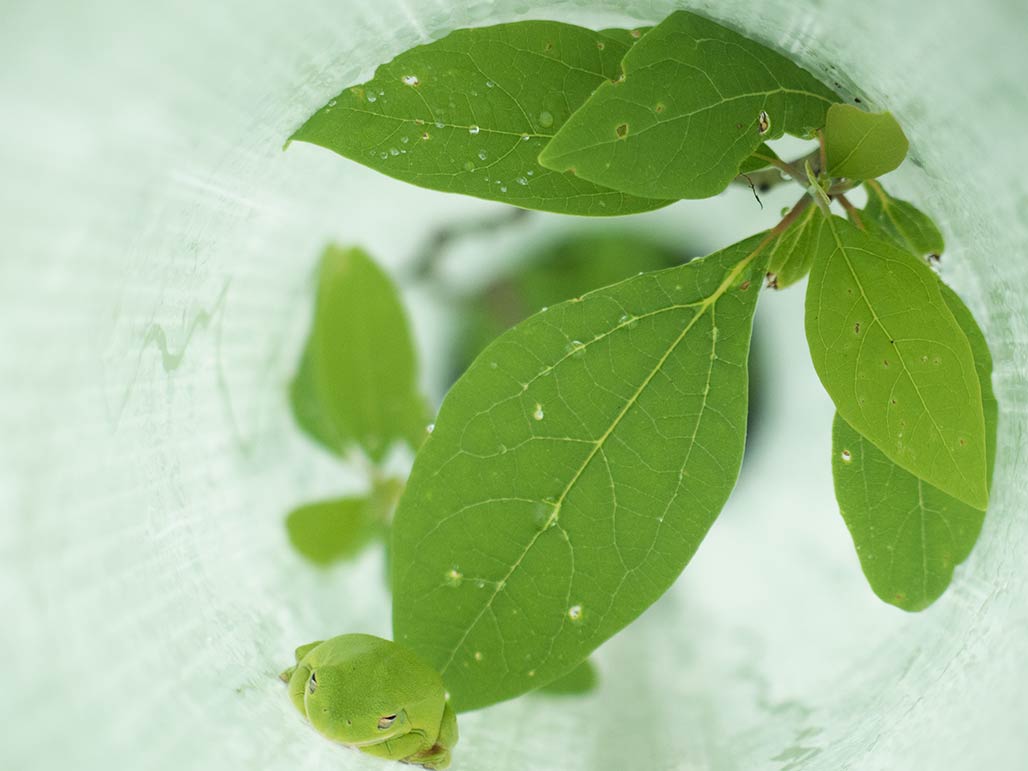
strategy
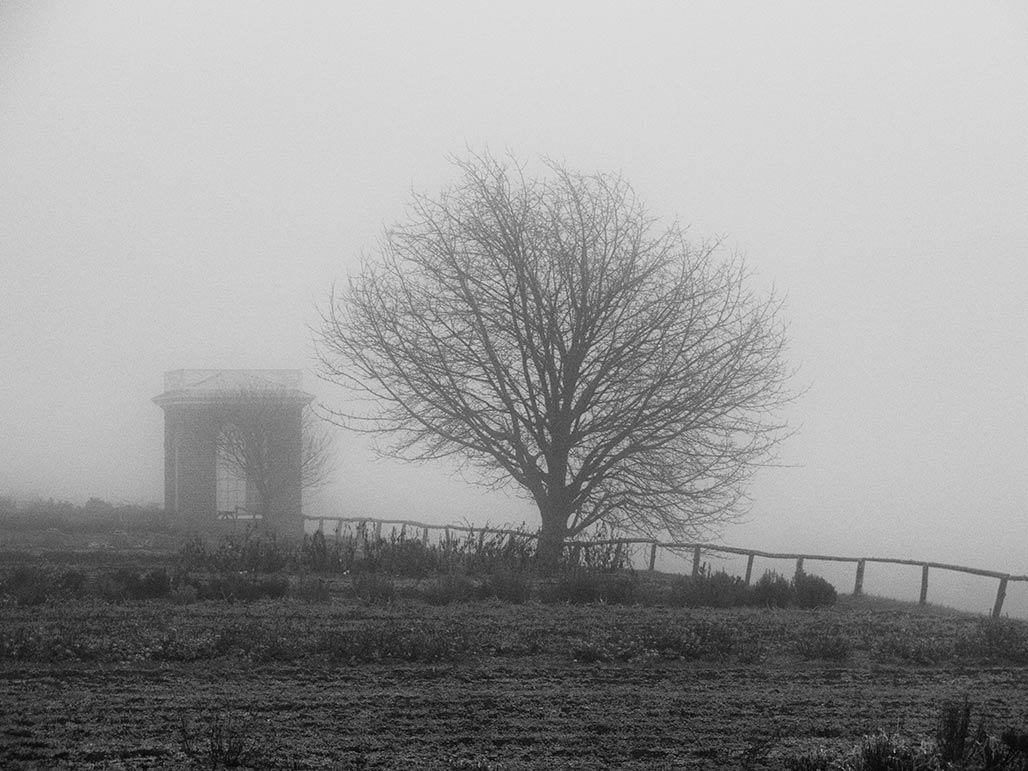
indigenous fruit
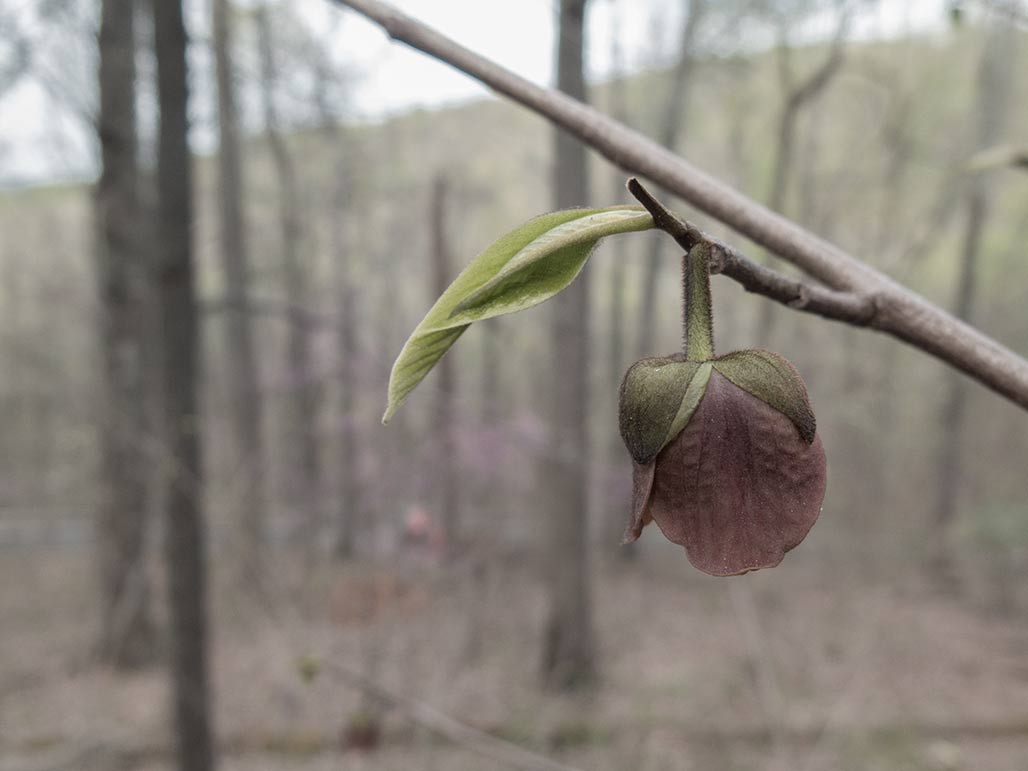
Pinus palustris
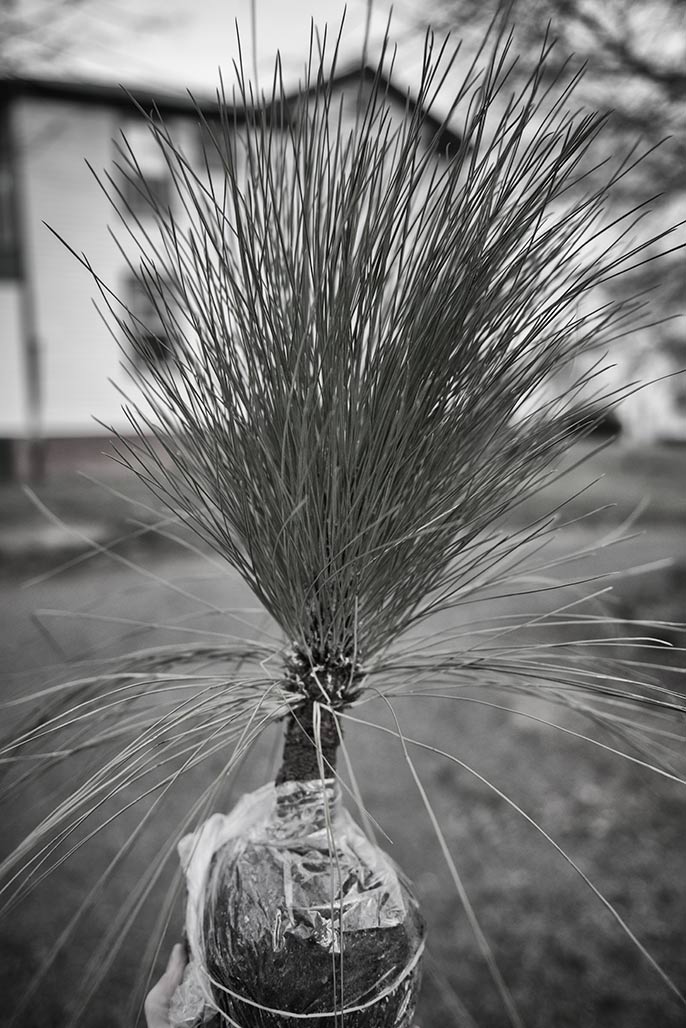
Longleaf pine takes 100 to 150 years to become full size and may live to be 500 years old. When young, they grow a long taproot, which usually is 2–3 m (6.6–9.8 ft) long; by maturity they have a wide spreading lateral root system with several deep ‘sinker’ roots.–Wikipedia
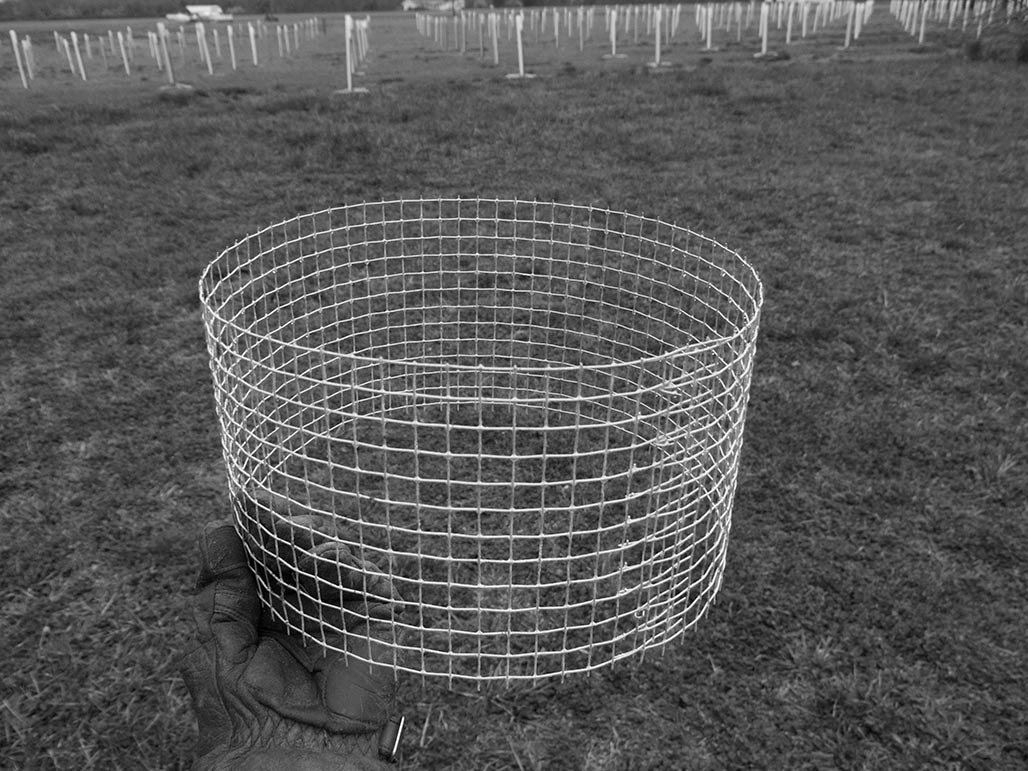
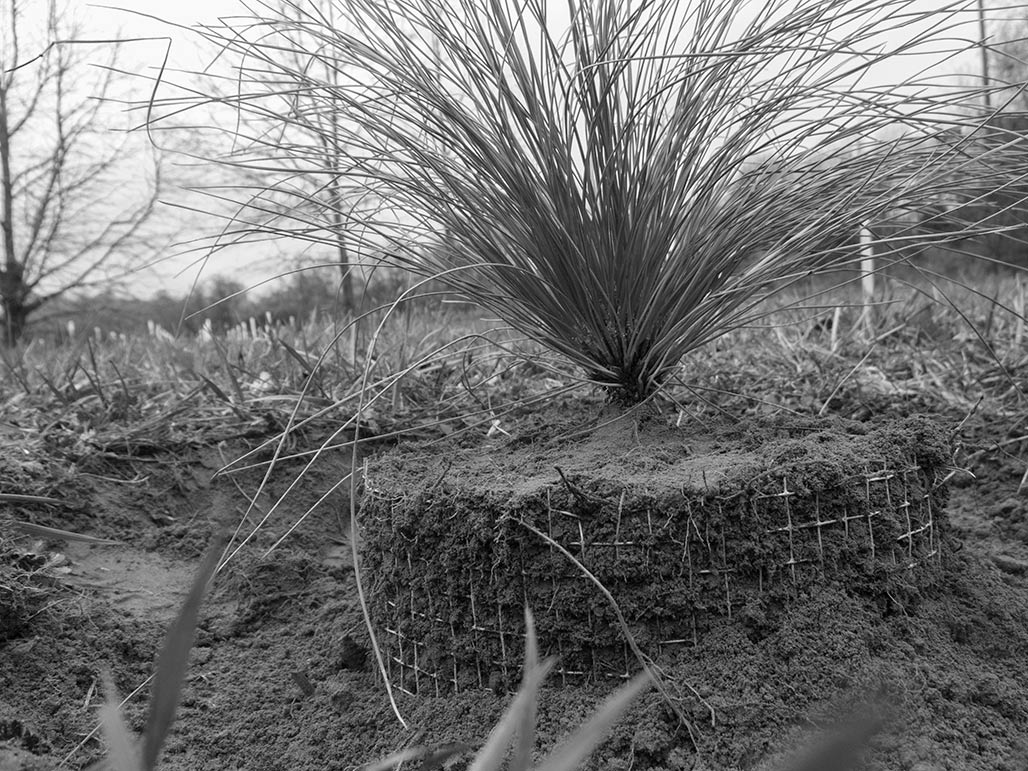
Prunus × yedoensis

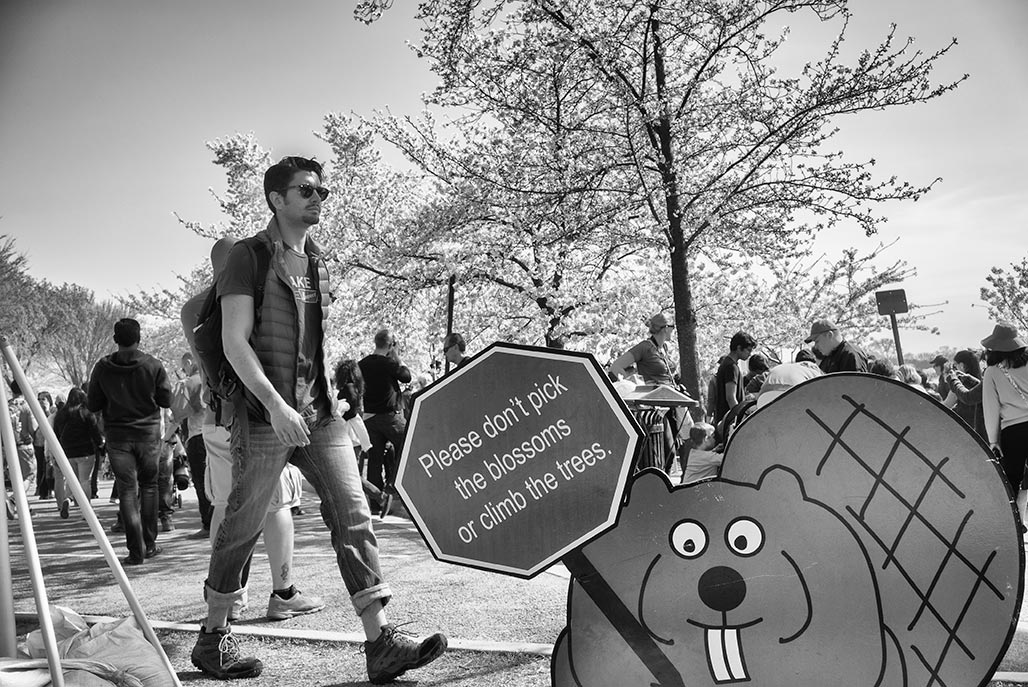
(March 26, 2016, Mr. Beaver’s call for civility was ignored. At least one tree was broken by climbers and stripped of flowers for personal adornment.)

In 1965 Democrat Lady Bird Johnson accepted a bunch more Yoshino trees from the Japanese Government. They were planted on the grounds of the Washington Monument.

much of a muchness
